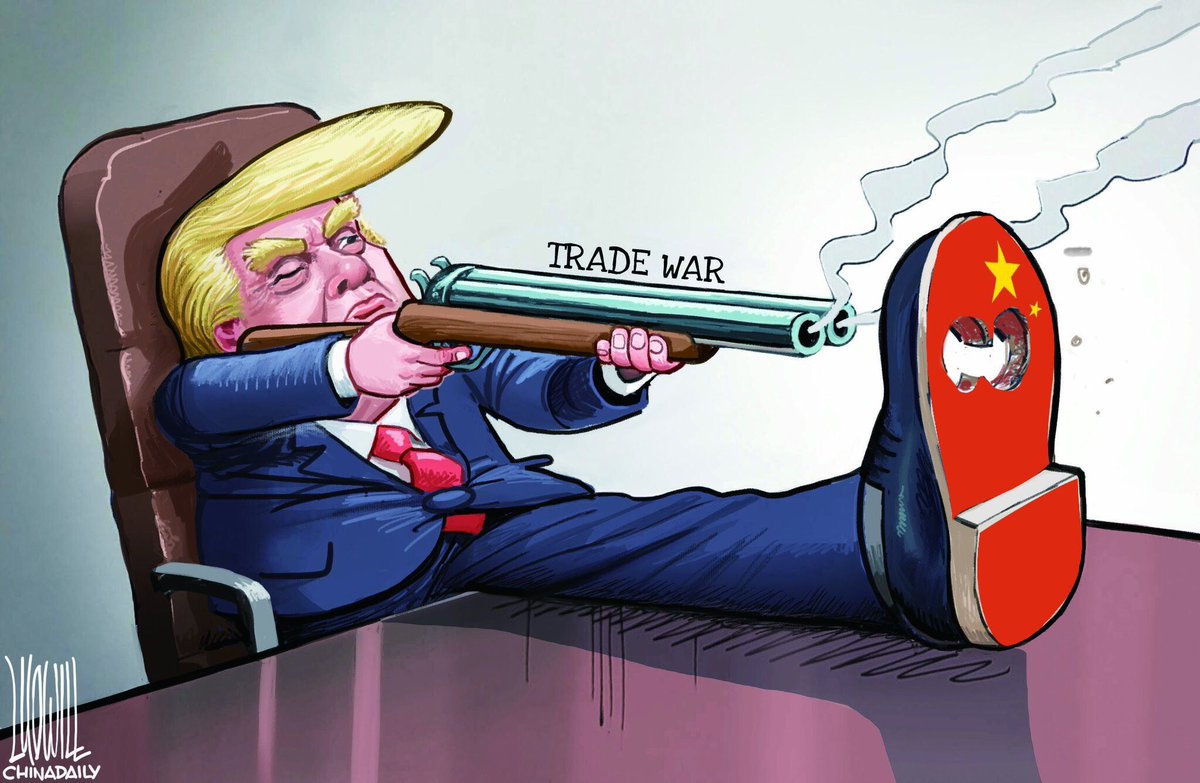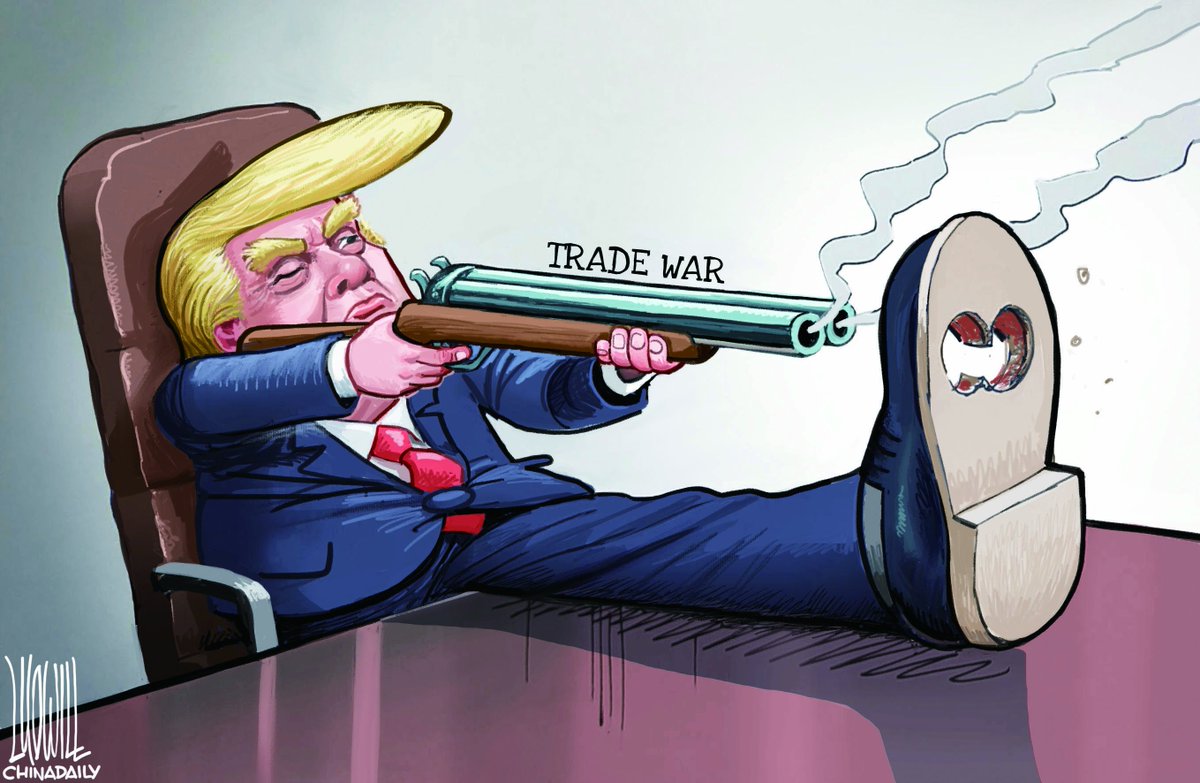I don't know how you are so sure of that assessment. Chip or whole system, they are all in the pool of electronics together with software, in the bigger IT/telecom sea. Here things are pretty much following the same trend, there is no fundamental deference between one and another.
I will share my personal experience with you.
At early 1990s, the telecom industry has these names, Motorola, Nokia, Ericsson, Siemens, ATT/Lucent, Alcatel, NEC. The first three are the dominant mobile players. They all make in-house chips by themselves (mobile phone, base station, switch board chips and CPUs). By the early 2000s, Motorola, Lucent and Siemens are taking their last breath. That is only 10 years. Few years latter, Nokia was in deep trouble. Today in 2018, only Nokia (purchased Lucent) and Ericsson survived. All the rest are irrelevant. New players are Huawei and ZTE. Most of them use chips from external dedicated chip/component makers.
About 10 years ago, Intel chips are still dominant, but ARM aided by the surge of tablet has challenged Intel's profit. Intel has been fighting to get in this market by their ATOM line but not successful, then the Internet Things (IOT) comes (2015). Intel, Huawei and Qualcomm were the three main players. Last year (2017) Intel gave up.
Things change very fast in this line of business. I worked in this line for most of my professional life, seeing big companies (older than 100 years) raise and die or reborn (Nokia). I dare not to say anything with certainty. So let's keep an open mind, everything is possible and nothing is certain.



